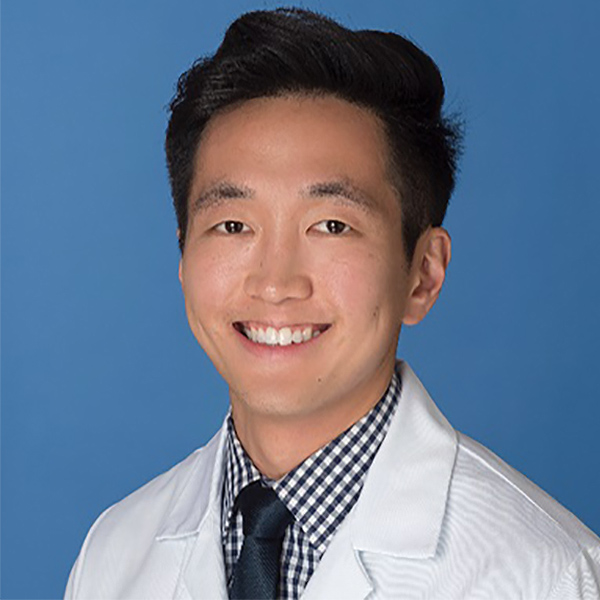Future Hub at ACC.19

The Future Hub returned for its second year at ACC.19 in New Orleans, LA. Designed to inform, educate and inspire ACC.19 attendees, the Future Hub showcased the latest advances in digital health, medical devices, artificial intelligence and big data. Situated in the Expo Hall, this interactive venue encouraged collaboration and networking amongst clinicians, entrepreneurs and industry partners to complement the traditional scientific sessions.
Innovation was front and center at ACC.19, leading with the late-breaking Apple Heart Study and carrying over to the Future Hub, where Harlan M. Krumholz, MD, SM, FACC, delivered an engaging keynote highlighting the rapid advancements in technology and their impact on clinical cardiology. A recurring theme emphasized throughout the Future Hub was that while the future of cardiology had finally arrived, we were still in the early beta phase figuring out the kinks. There will be much to figure out on how best to implement these technologies into practice over the next few years, but the groundwork has started.
Over the course of three days, a broad array of emerging technological applications was presented, including virtual and augmented reality, voice-enabled artificial intelligence, virtual care, direct-to-consumer digital health devices, and big-data derived polygenic risk scores. In addition, focused talks covered developing a skillset in entrepreneurship, establishing an innovation program within a health care system and building a nontraditional career path. Audience members had the opportunity to engage in thoughtful Q&A sessions while networking with high-profile leaders in an inviting atmosphere. Sponsors were also present within the Future Hub, providing attendees the opportunity for hands-on interaction with novel products. Fundamentally, Future Hub served as a nexus for ideas and people.
Perhaps the biggest draw of the Future Hub was the Innovation Challenge, a friendly competition among selected startups to pitch their vision to the audience and a panel of judges. Building upon the inaugural Future Hub Innovation Challenge at ACC.18, and co-hosted by the ACC and AngelMD, eight start-up companies presented their product in two arenas – Digitally Enabled Devices and Artificial Intelligence. Audience members were able to vote along with the judges to help select a winner for each category. While all companies boasted impressive products, there were two that showed the most promise.
The winner of the Artificial Intelligence Challenge was Moving Analytics, a company working to improve the cardiac rehabilitation experience through a virtual care platform incorporating secondary prevention programs for cardiovascular disease. Meanwhile, HeartHero won the Digitally Enabled Devices Challenge, which developed a miniaturized automated external defibrillator coupled with an ecosystem to activate emergency responders and improve the chain of survival for out-of-hospital cardiac arrest. Both companies received a $5,000 seed investment, feature in AngelMD, kiosk at the next Future Hub and Expo Hall exhibit space at ACC.20/WCC.
The goal of the Future Hub aimed to provide attendees the ability to explore and build upon their personal and professional interests in the future of cardiology. More importantly, the purpose was to have fun while doing it. With a wide breadth of thought-generating topics, kiosks featuring hands-on demos and a forum for start-ups to showcase their products, the Future Hub had something enjoyable for all attendees.
I am fortunate that I found an outlet for my passion in digital cardiology by serving on the ACC Health Care Innovation Section Council. I am also blessed to have been one out of dozens of individuals who chipped in to make the Future Hub possible. Being able to help curate trending issues in cardiology and connect with people with similar interests has been highly fulfilling for my nascent career. The future of cardiology requires physicians to understand how technological advances will impact and change how we provide the best care for our patients. We are only in the beginning of this transformation, and I am thankful that the ACC has been working hard to provide opportunities to train cardiologists to think differently.
Interested in learning more about innovation opportunities within the ACC? Have a company that you would like to submit for consideration in the next ACC Innovation Challenge? Contact David Cho, MD, FACC, or Regina Cruz, MD, FACC, via the ACC Member Hub, and be sure to sign up for the ACC Health Care Innovation Member Section.

This article was authored by David Cho, MD, FACC, clinical instructor in the Department of Cardiovascular Medicine at the University of California, Los Angeles in Los Angeles, CA.